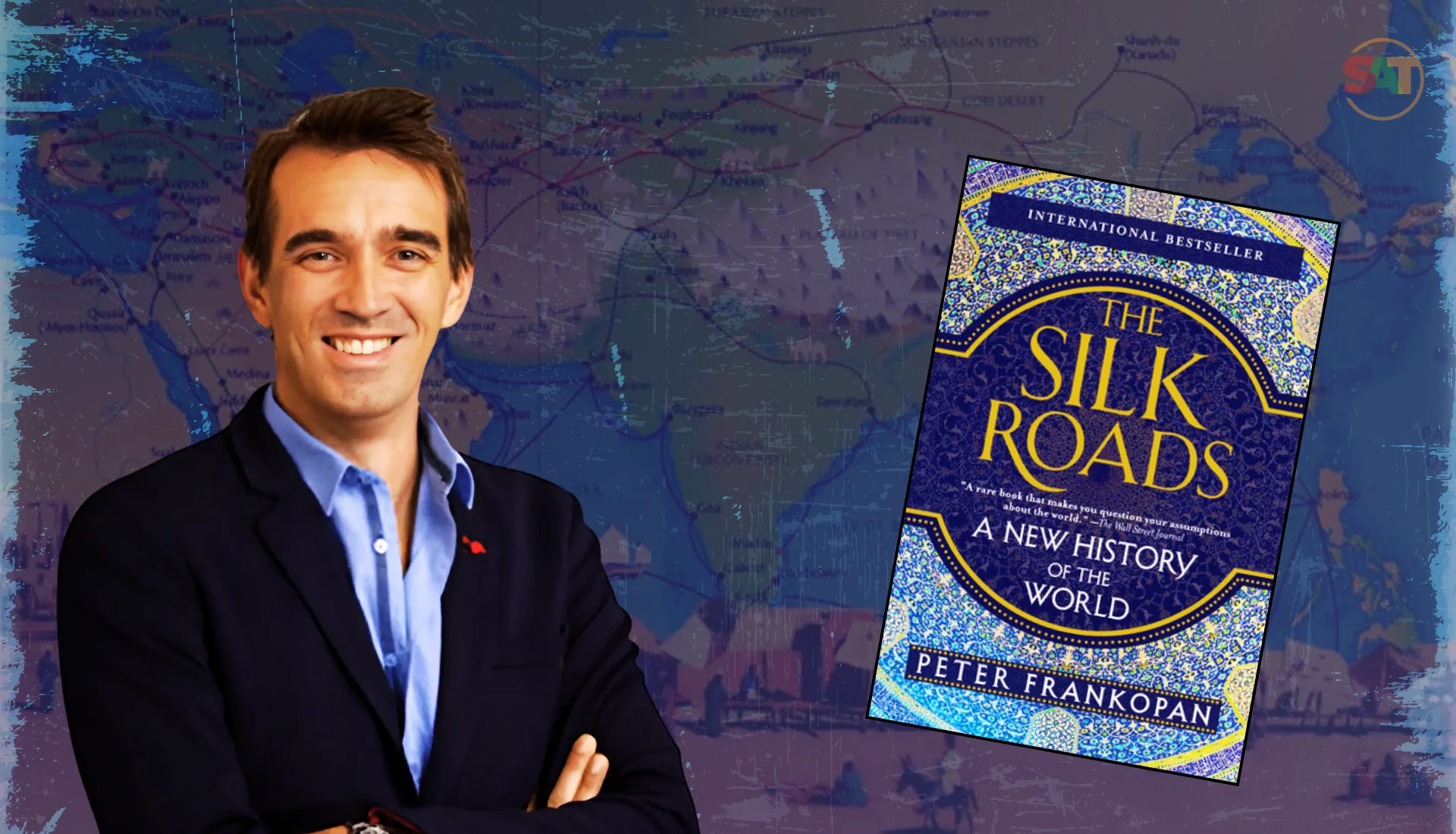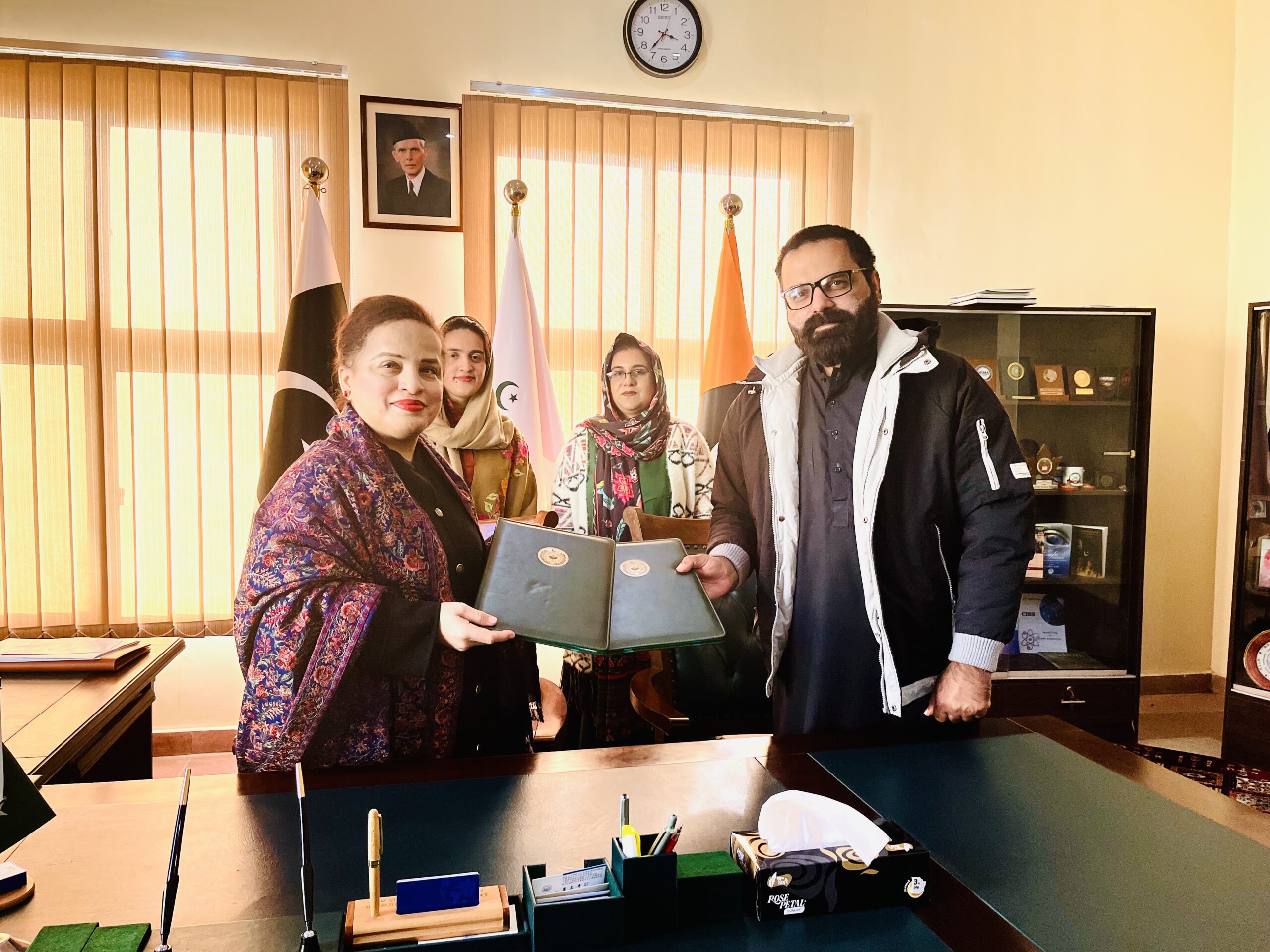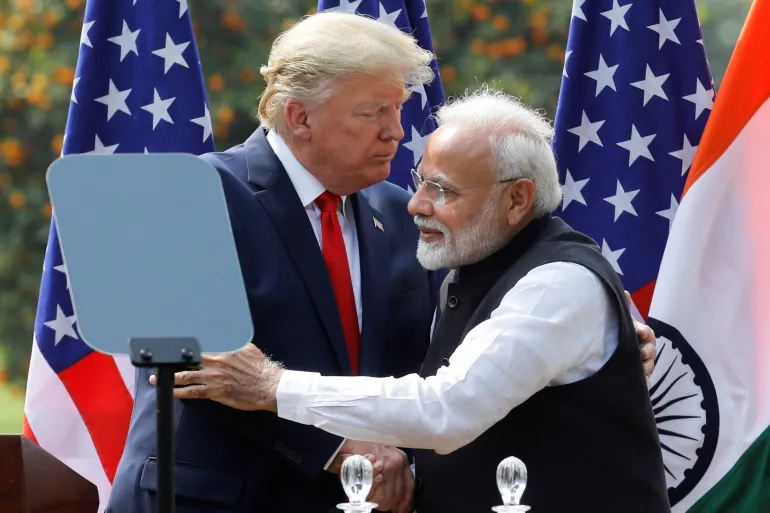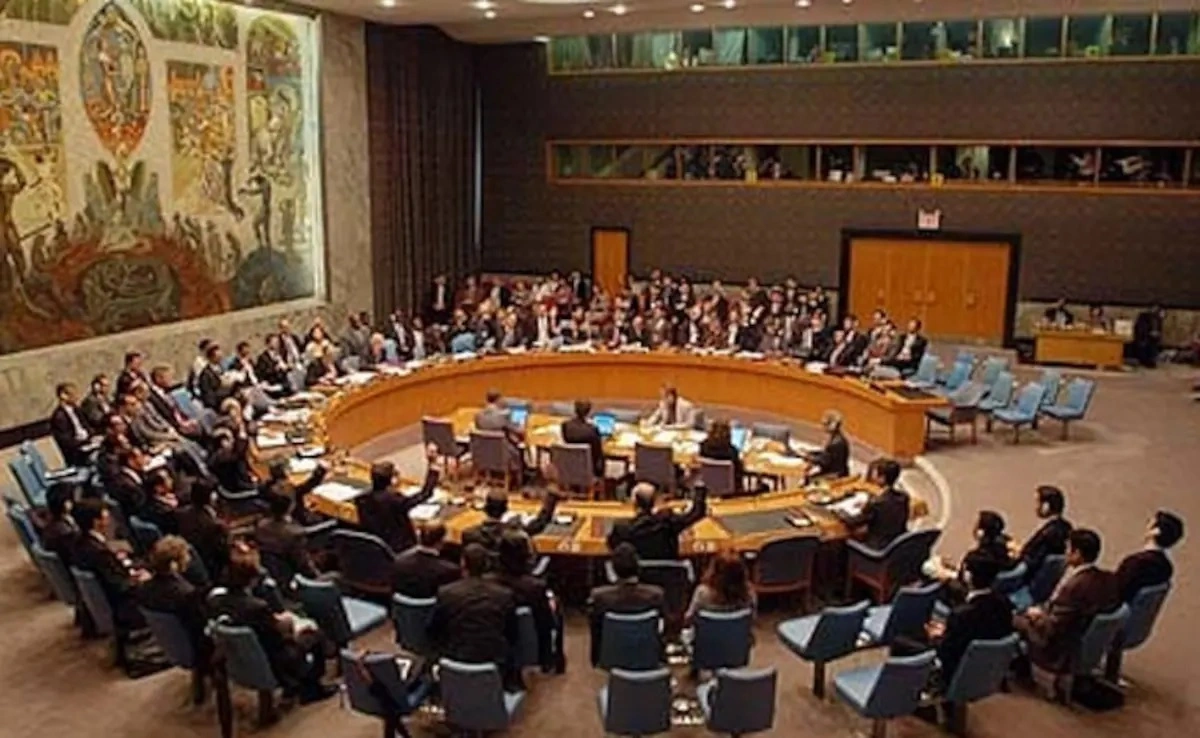Originally published in 2015, seven years down the line, the book, “The Silk Roads”, is still relevant in many aspects. Many things, that have been prophesied in the book, are now unfolding in the real-time world. For instance, the rise of China at breakneck speed and the growing influence of Russia in the International Political arena after its invasion of Ukraine, are some of the things which Frankopan had already predicted in The Silk Roads: A New History of the World.
“The age of the west is at crossroads, if not at the end.”
Frankopan
Back in 2010, a report was prepared by the Defense Ministry of Great Britain. The said report entails a list of challenges, that Britain in particular, and the West, in general, are likely to face in the forthcoming future. ‘The Period up to 2040 will be a period of transition,’ the report stated. It further went, ‘that in tandem with the other challenges, such as climate change, and the growing radicalization, the western world will face another enthralling challenge as well: the shift in Power from West to the East.’
The content of the said report, to a great extent, encapsulates the central theme of ‘Silk Roads’ authored by Peter Frankopan. The book is all about the social, political, and economic history of the world, and covers the time period from antiquity to the present century. What’s idiomatic about the book is the anomaly of the author while explaining the history of the world. To further elaborate the point, in the book, the author took a line that is at odds with the mainstream narrative related to the history of the world. The said mainstream narrative is mainly dominated by the western discourse which is highly western-centric in nature. These western-centric narratives normally place the western world at the center of World History and ignore the eastern world or the Orient.
In sharp contrast to the said western-dominated narrative, Peter Frankopan argued that the East/Orient was the center of Social, Political, and Economic activities around the world rather than the West and to the East belongs the future.
The first half of the book primarily deals with the glorious past of the eastern world. The mesmerizing picture of the lavish courts of the Ancient Persian Empire, bespeaking the colossal wealth they possessed, has been depicted in the most absorbing way by the author. Likewise, the sophisticated and grandiose infrastructure that had been erupted by Egyptians, Mesopotamians, and Persians in BC, which is yet to be comprehended, also alluded to the intellectual superiority of the orient. To put it bluntly, had it not been for the complex and sophisticated knowledge of arts and architecture, they wouldn’t have been able to design such monumental buildings.
The chapters followed entails an epic story of how economic and political power incrementally shifted towards the west as time went by. What is epic in it is that it came at the expense of the East. In a bluff manner, whether it was the Greek-Roman Empire of antiquity, Britain or Spanish Empire of the modern period, or the neo-imperial power of the United States, all developed & flourished, at the expense of the riches of their colonies situated in Asia and Africa. No wonder it reminds the reader of a famous speech by Dr. Shashi Tharoor, British does owe reparations which he delivered at the Oxford Union. In the said speech, he lambasted Imperial Britain, and stated bluntly, ‘As a matter of fact, the very Industrialization of Imperial Britain premised upon the De-Industrialization of India.’ Besides it, by alluding to the colossal exploitation of Indians at the hands of Britain and by mocking the maxim, ‘The sun never sets on Britain Empire’, he sarcastically points out, ‘It is because even the God couldn’t trust Britain in dark.’
The author concludes the book with a forecast, a forecast about the Political and Economic future of the world. According to Frankopan, the future belongs to the Orient. Of the many factors he identifies, and which let him infer so, the important one is ‘Resources.’ The vast reservoirs of natural resources such as Oil and Gas, that rest in the womb of the Caspian Sea, Caucasus, and the Persian Gulf, the leviathan of fertile plains of Central Asia and those lies to the North of the Black Sea, would be instrumental in determining the political and economic fate of the world in the foreseeable future. Moreover, the rise of China at breakneck speed, the growing influence of Russia in the political affairs of the Middle East, Central Asia, and Ukraine in particular, and the world, in general, speak for themselves where things are heading.
To cut the long story short, ‘the Orient,’ which became the victim of the biases and prejudices of the ‘Occident’, has been ignored for the most part of history. In actuality, it has remained an area of interest, at least for those, who desired to dominate the world. The eastward expansion of the Greeks, Romans, Portuguese, Britain, and Nazis, and the deep interest shown by the US in the east, contemporary, indicates, where ‘the heart of World lies.’
A single word that could aptly describe the “Silk Roads” is ‘treasure.’ There is so much I want to add, which unfortunately I couldn’t, in this brief piece of writing. It was a long journey of 24 days, more than 500 pages across the world, which just came to an end. Peter Frankopan! You were an amazing guide.


![Prime Minister Narendra Modi with External Affairs Minister S. Jaishankar at an official event. [Photo Courtesy: Praveen Jain via The Print].](https://southasiatimes.org/wp-content/uploads/2026/02/20-scaled-e1755601883425-1024x576-1.webp)



